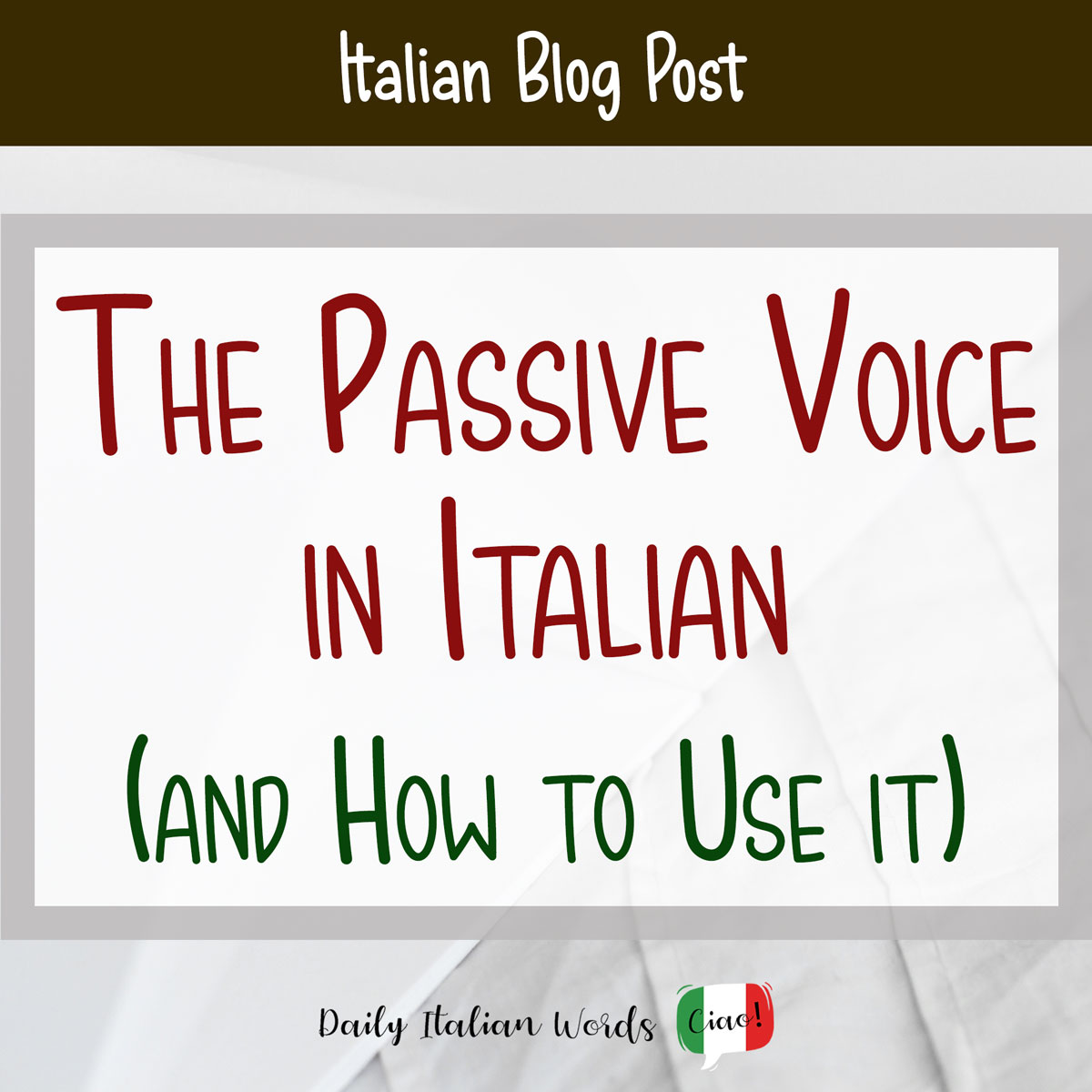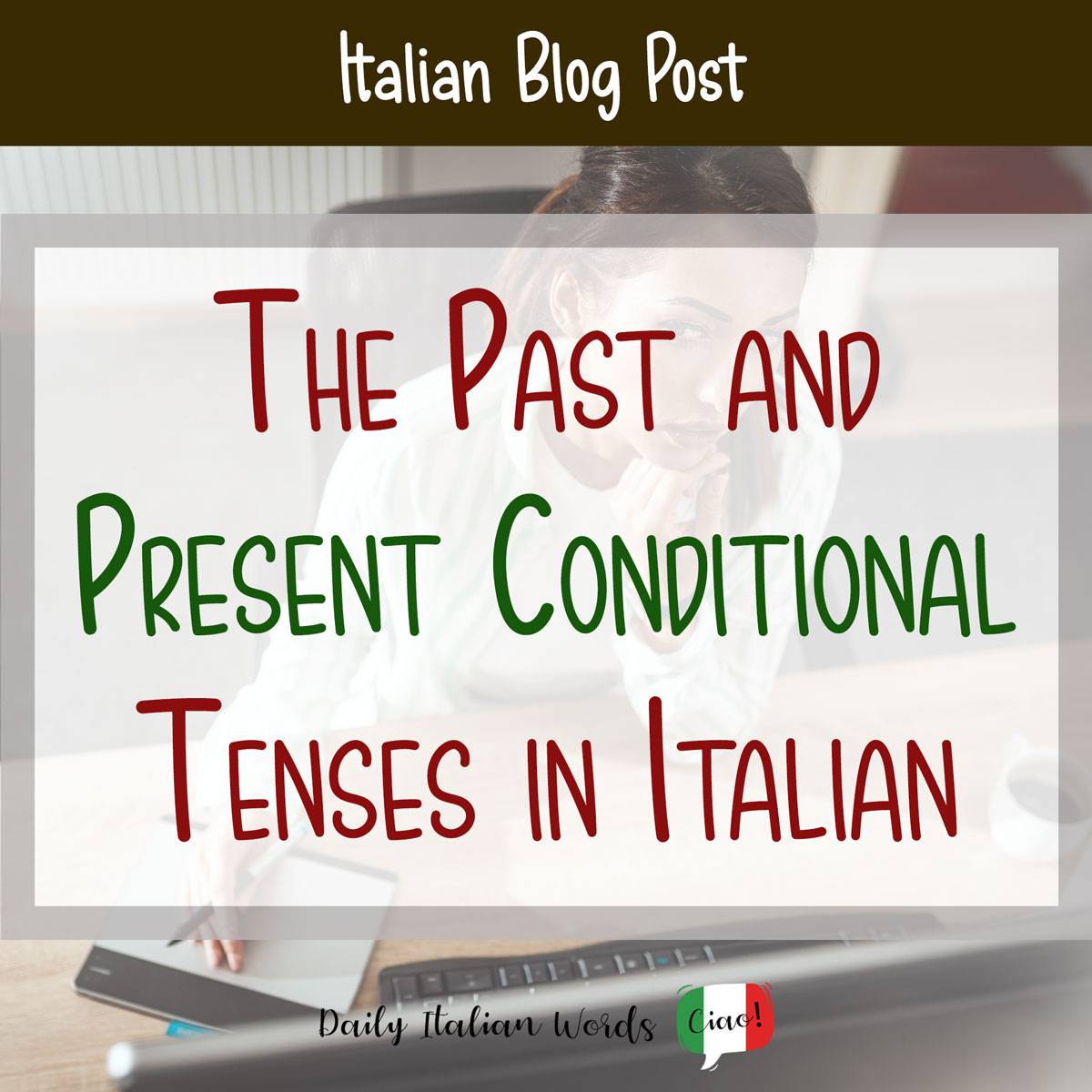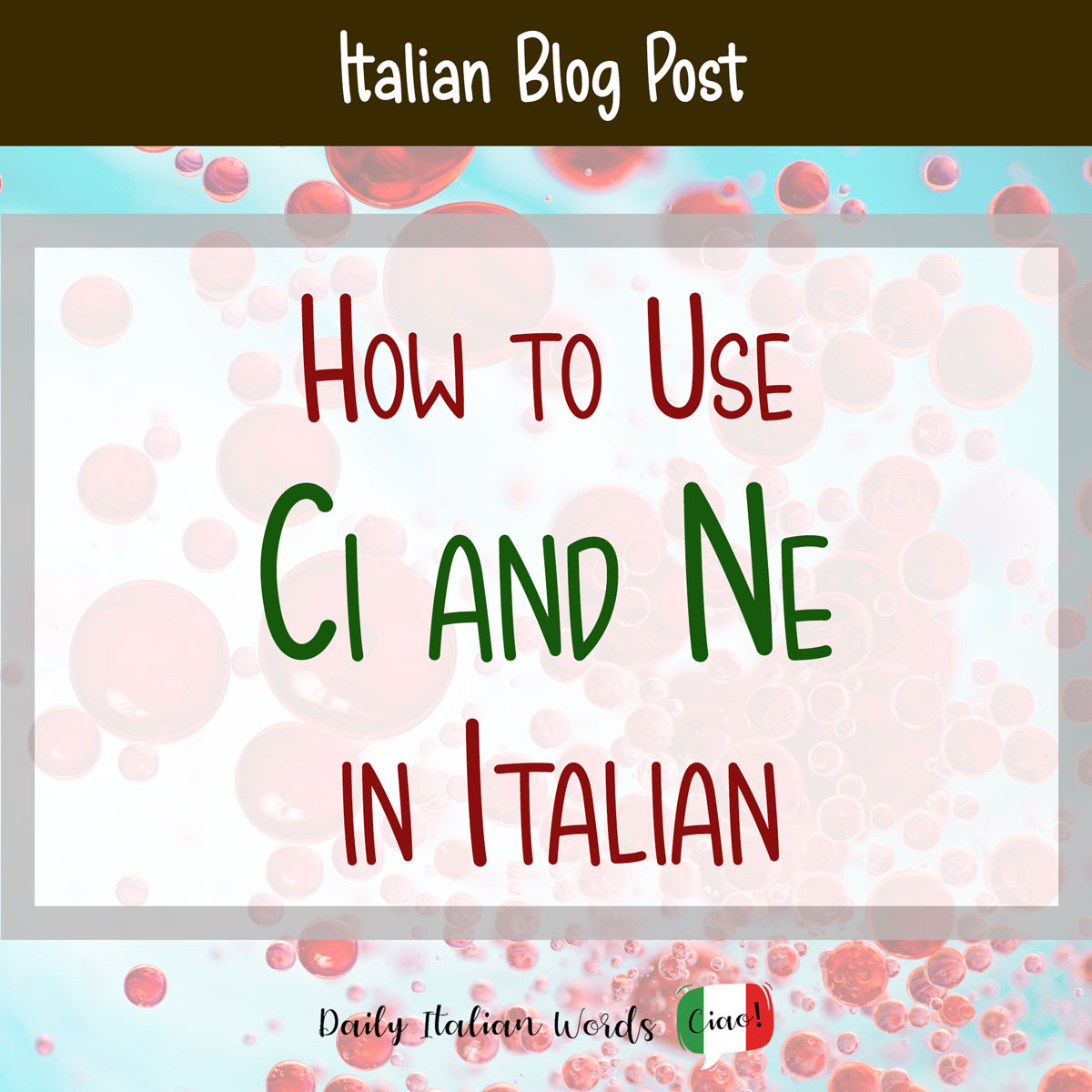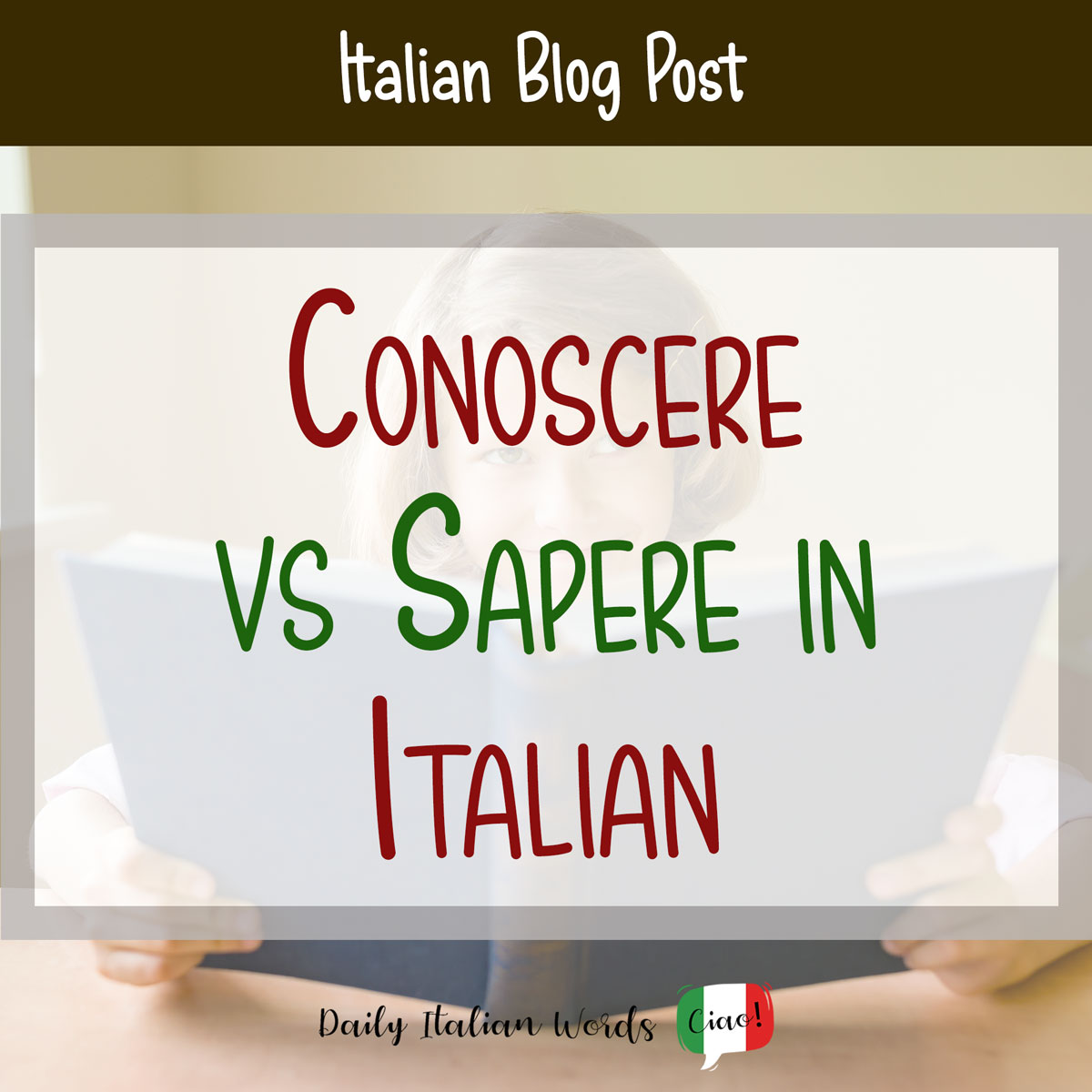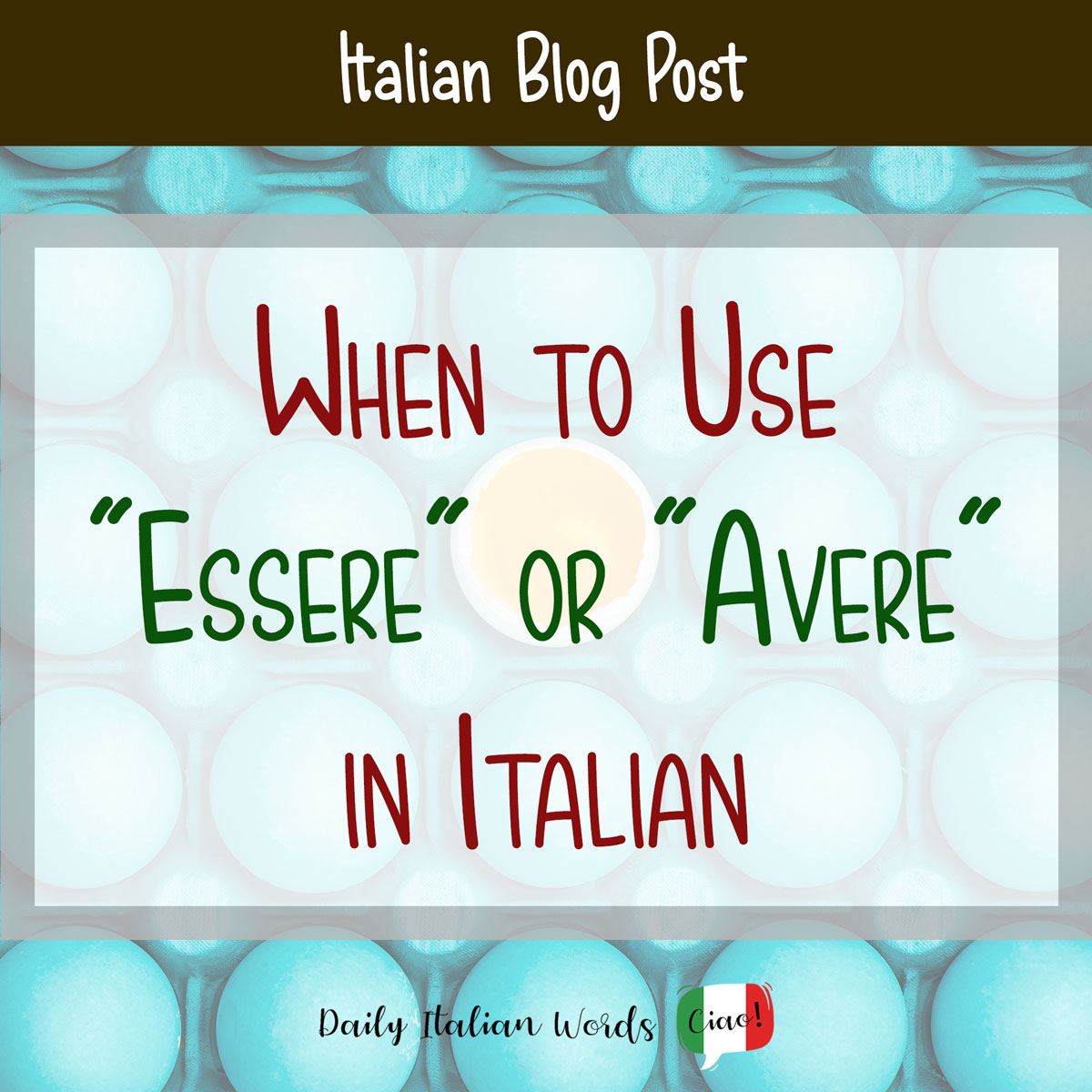The Differences Between Bene, Buono, Bravo & Bello in Italian
These four little words starting with b- are known to most students of Italian from the very beginning of their learning process, and sometimes even before that. At the same time bene, buono, bravo and bello are very easy to confuse and their correct usage, especially during a spontaneous conversation, can take a long time …


